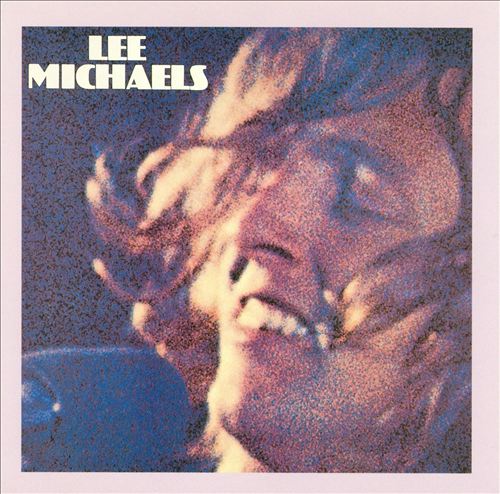LEE MICHAELS
/Lee Michaels
Given that there are so many masterpieces from the '60s and '70s, it's hard to call Lee Michael's 1969 self-titled album essential. Certainly, any serious music listener looking to expand his or her historical music perspective should check out the essential albums by The Beatles, The Byrds, The Doors, Santana, Big Brother and Holding Company, Bob Dylan and so, so, so many others first. If "tier one" is made up of those gold and platinum gems, Lee Michaels is certainly in "tier two." It's a very good—possibly brilliant—album, and if it had had one top 10 hit, it probably would have the same sort of time-tested name recognition as other albums from the era.
No, there isn't a single hit on this album. But Lee Michaels, has some spectacular elements, which reveal themselves on side one.
Side one is made up of one long track—a nearly 21 minute suite of rare soul songs performed on three instruments: vocals, hammond organ and drums. The first two instruments are played with remarkable virutosity by Lee Michaels, who proves to be one helluva talent. Bartholomew "Frosty" Smith is on drum duty and his extended drum solo on this medley makes it surprisingly haunting. For those who are lucky enough to discover this album, this is a real treat. All Music Guide reviewer Matthew Greenwald has described this track as "one of the finest sides of Los Angeles rock & roll." 100% accurate.
Side Two is nearly as good as side one. By far the most impressive moment is "Who Could Want More?" a slice of New Orleans style R&B, which is not quite unlike Donovan's "Season of The Witch"—another classic from the period. The only thing missing here is a Stephen Stills guitar solo (like the one from 1968's Super Session—you'll like that one, too). Another great moment is on "Want My Baby," which has an unmistakable resemblance to The Band's "The Night They Drove Old Dixie Down." On the other hand, Michaels' covers of "Heighty Ho" and "Stormy Monday" are simply great performances, showcasing his organ and vocal pipes more than his songwriting craftsmanship.
Lee Michaels would later record two hits on his fifth album—the appropriately titled fifth—but Lee Michaels is and always will be his magnum opus. Hell, it would be any artist's magnum opus. For those who like their rock n' roll bluesy, soulful and psychedelic, Lee Michaels delivers the goods and more. Much, much more.
Lee Michaels
And here are two of Michael's best known songs recorded in 1971.
And, oh yeah, I think I mentioned you'd like this album, too. Here it is. You're welcome. ;)


